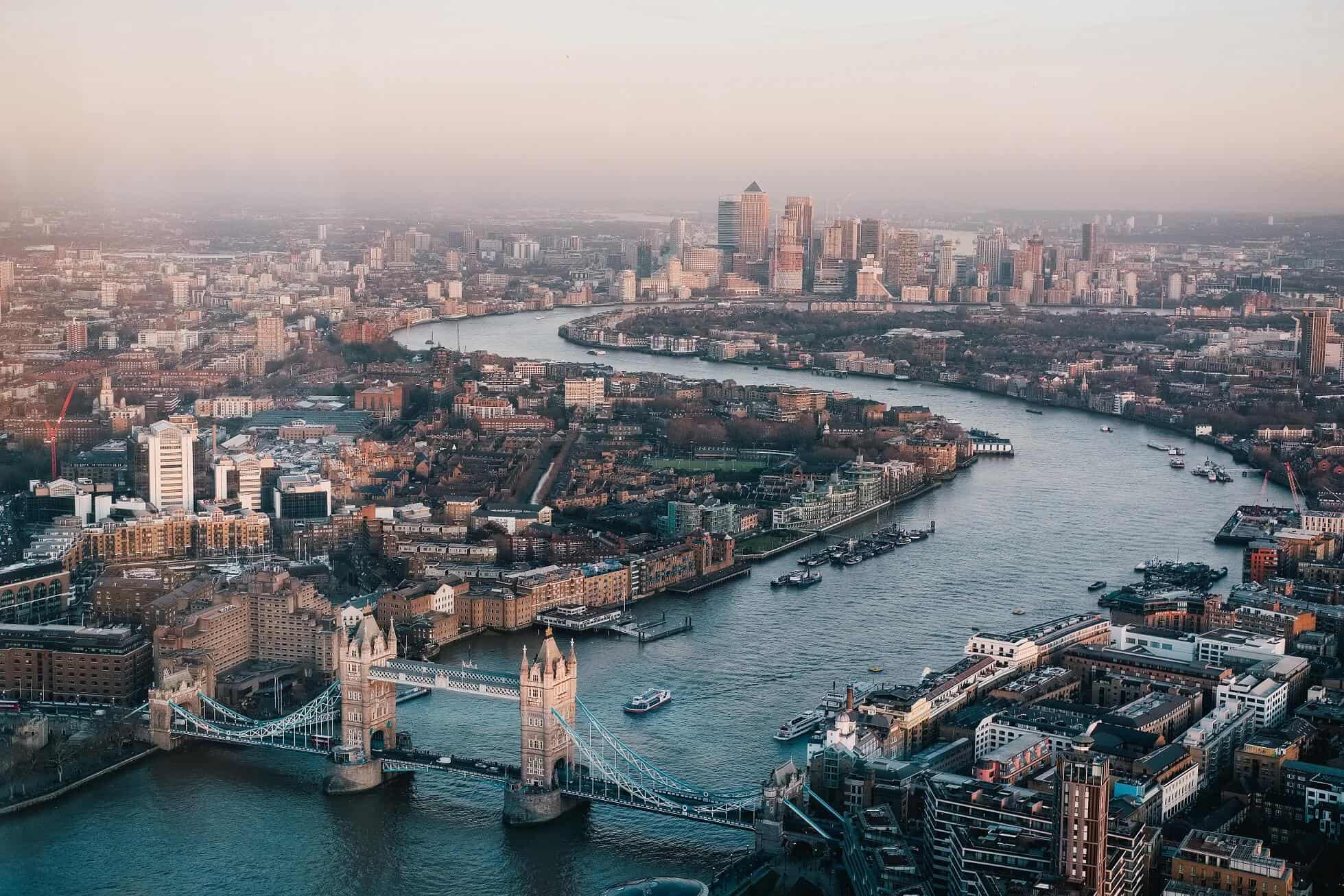

"Vaccine passports" set for review by UK government
The UK’s “roadmap” to easing lockdown restrictions has been met with much fervour, as the British people now finally have preliminary dates for when lockdown might be able to ease and normality can return. For dance music fans, the biggest part of this news is a return of festivals and nightclubs as of June 21, with the almost sacred pilgrimage to Ibiza looking like a possibility. The key to this return is vaccinations, with the UK leading the way in their national roll-out, but the issue of “vaccine passports/certificates” whereby someone will have to prove they’ve had their jab before taking part in certain activities, has quickly become a political issue.
Firstly, the UK government have made clear that vaccination will not be mandatory in the UK, and their position on this has not changed. The evidence for vaccines being safe and effective is growing by the day, with zero evidence that vaccines are in any way dangerous, with plenty of data now suggesting they not only prevent serious illness and death, but also that they have a strong effect on preventing transmission. The UK’s roadmap to reopening society has vaccination as one of its key pillars when it comes to returning to normal, so the message is clear – you are not required to have one, but the more people take up the offer when it is their turn, the quicker we can return to normality.
Yet the issue of vaccine passports/certificates is still high on the political agenda. In terms of “passports” this is similar to how a regular passport works – no UK citizen is required to own a passport, but you wouldn’t be able to travel to another country without one. Much the same story with vaccine passports – while it is not something being mandated by the UK government, other countries can require proof of vaccination before allowing entry, much as many countries have for decades for the likes of yellow fever. Various countries are already planning this, with Spain and Greece – both popular holiday destinations for UK tourists, and the former of course being the home to Ibiza – have said they are planning such systems, and it seems the EU are keen to roll out this idea across the entire bloc. Given strict controls on entry in places such as China, Japan, Australia, New Zealand, the US, Canada, and countless other nations across the world during the pandemic, it would seem the lesson of the Covid-19 pandemic is going to mean vaccine passports will become the norm when it comes to international travel, for the medium term at least.
When it comes to domestic matters within the UK, this is where the picture gets slightly more confusing. Private businesses are free to require citizens to have proof of vaccination, the so-called “vaccine passport” before allowing entry/service. This in itself is nothing new – pubs are allowed to refuse service without even giving a reason, and nightclubs are free to impose rules many will be familiar with in terms of attire or things you aren’t allowed to bring in. Yet the UK, quite rightly, has some strong and rather complex anti-discrimination laws, which make the issue of vaccine passports equally complicated. For example, a pub or nightclub could refuse entry to someone intoxicated or who is acting in a threatening manner, or even just because the door-staff don’t like the look of their shoes – all these factors being a personal choice of the customer. However if a pub or nightclub was to refuse entry based on race, gender, sexual orientation, disability, and so on, this would be illegal. Therefore the situation seems simple – refusing service because you’ve actively chosen not to have a vaccine despite having no valid reason is up to you. You can refuse, a business can refuse service – it’s a good system that works both ways. However, many people are unable to have a vaccine due to medical reasons – one of the key reasons even young and healthy people should get one – so refusing them service would be illegal.
Enter the UK government. It has been reported in some publications and by many on social media that the government have performed the infamous “U-Turn” on this issue, having previously said this wouldn’t be a requirement and are conversely now suddenly starting to talk about how to implement it. However, at the time of publication, this isn’t quite true. The UK government have indeed started to discuss this publicly, with Prime Minister Boris Johnson mentioning the issue at the press conference on Monday Feb 22, and since stating to the press that it is a “deep and complex issue“. While many are concerned about the potential for vaccine passports/certificates being discriminatory, this the very reason why the government is getting involved, to ensure that any private business wishing to enact such a scheme, as they are free to do, does not break discrimination laws. Furthermore, given the importance of the vaccine in protecting those who cannot have one, there also needs to be strong consideration as to whether private businesses are making their premises safe spaces for patrons who may be at risk as a result. Things may yet change, and nothing concrete has been announced, but it would seem that far from being a “U-turn” the government are still sticking to the idea that they will not mandate any such scheme themselves, but will need to intervene to stop business discriminating against people who cannot be vaccinated.
Any such review in such systems is likely to take some time, and with a few months yet until the UK returns to normal, it remains to be seen what the rules will be for vaccine passports and their legality.
Photo by Benjamin Davies on Unsplash


- Arodes cover Interview
- Armin van Buuren: Breathing In [Exclusive Interview]
- Ibiza 2024: What To Expect
- Burak Yeter: A Day In Space [Exclusive]
